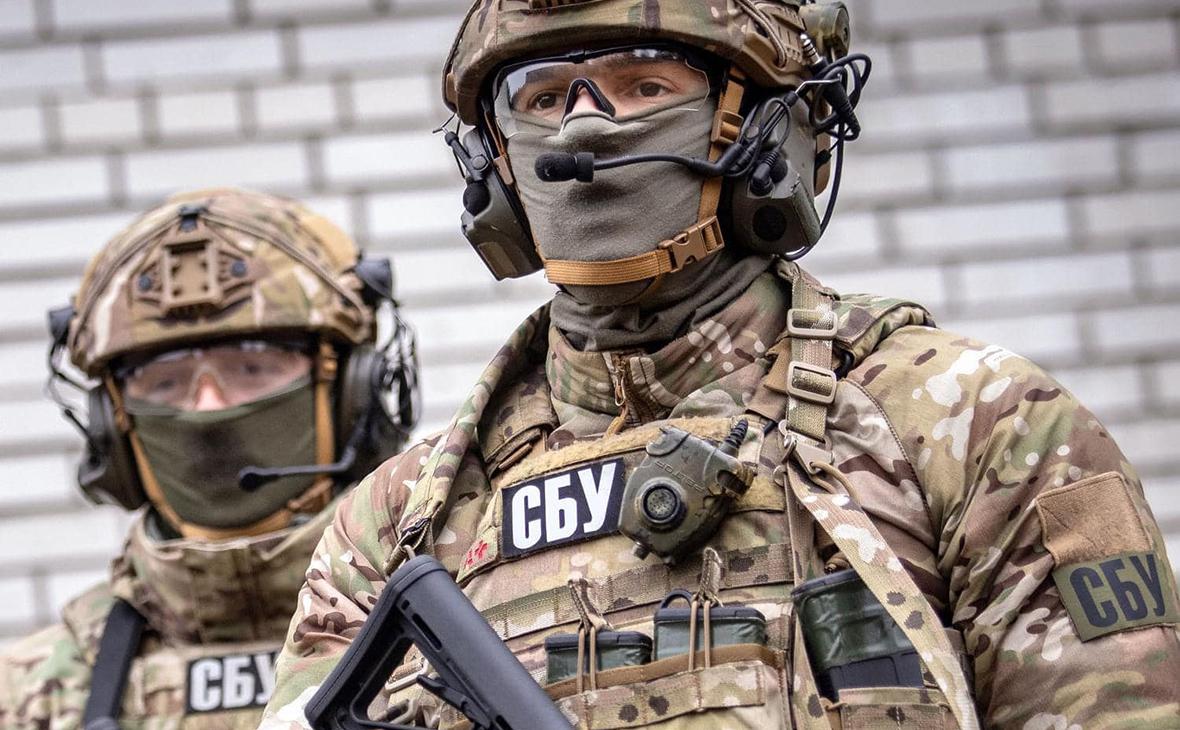Author:Â Anastasiya Yarmoliuk, Communications Manager, Southern Ukrainian Office of the European Business AssociationÂ
Today, the labor market is adapting to shocks that appeared with the russian invasion of the sovereign territory of Ukraine. Thus, priorities are changing and security guarantees come first. Communication now is led by the principle of humanity. This will significantly increase the efficiency of employees. Therefore, I propose to consider possible directions for the development of HR processes in companies during the war crisis.
As the result of the russian invasion, the annual growth of the labor market in Ukraine changed since companies were forced to close. According to the United Nations Organization, more than 2.5 million people left Ukraine in the first two weeks of the war. This figure now has reached 5 million which is a preliminary estimate, excluding children and the elderly. Meanwhile, at the beginning of the year, before February 24, the annual growth of the labor market was at the rate of 1.3% - 2.4%. The average number of open vacancies on robota.ua (one of the biggest job aggregators in Ukraine) for this period was about 100,000 per day; the number of new resumes created by users was 25,000-30,000/day, the number of resumes sent - was 80,000/day. That is why a logical question arises about the prospects of the labor market of Ukraine during and after the war. Â
The priorities are changing, security guarantees have come to the foreground
The Health of people is above all. Therefore, it is important to ensure that employees receive verified information on emergency services, contacts of volunteer centers, useful maps on food/water/medicine in their regions, etc. Humanity in our time is the basis of communication and it will help to increase significantly the efficiency.
The structure of demand and the profession of the future
For the second month in a row, the economic activities are distributed not by industry, but by region instead. And in those regions where no hostilities take place, almost everything works: production, sales, services. In the first few weeks, the work of most enterprises and organizations was suspended, but in the last 4-5 weeks, they have resumed their operations where possible, after the initial adaptation to shocks.
How to organize HR processes in companies during the war?
No training, courses, or webinars have taught HR professionals how to work in wartime. It is difficult to control emotions when we talk to people from hot spots or those who have just from there. However, today it is important to work constantly on ourselves, to adapt our knowledge and experience to the peculiarities of martial law. Thus, companies can reconsider their HR processes during the war with the steps below.Â

1. Start with a plan. Company management (CEO, HRD, as well as people responsible for IT infrastructure) can offer strategic and technical solutions that will be informed further to teams and employees.Â
2. Give true information and refute fakes. To do this, you need to set up an internal communication system. Use a variety of tools, for example, you can:
· Conduct general meetings (online);
· Send newsletters;
· Collect employee questions via a form;
· Formulate checklists for employees (e.g. on how to reduce anxiety, how to ensure cyber security, etc.);
· Make regular updates on internal portals;
·       Create a channel in a corporate messenger.Â
3. Preserve values. After all, the whole country has united to achieve a common goal – Ukraine’s victory. We do our job in the best way possible, overcome difficulties and go beyond the limits. This behavior is driven by values that give us faith in the future: responsibility, integrity, professionalism, teamwork/cooperation/efficiency/effectiveness. Write to your colleagues about what unites us, what moves us forward, and why our values are the key to success.Â
4. Unite around a common goal, such as providing help to the Armed Forces of Ukraine, doctors, refugees, the elderly, etc. At the same time, it is important to give employees the right to decide. Someone may not want to collect weapons but will be able to help buy bulletproof vests. Often people just do not know where to spend their money. A list of funds describing what they do would also be very helpful. You can also collect the real stories of colleagues who are volunteering. Spend time in your companies to discuss these activities. It will not be possible to abstract from the realities in which we find ourselves.
5. Take care of infrastructure and equipment. Everything can happen during the war, so think in advance about possible work formats in difficult conditions. Backup Internet, alternative energy sources, special supplies in the office, etc. will come in handy.
6. Think about financial security. For example, how will your company fulfill responsibilities to your contractors if the accounts are frozen or there is a certain withdrawal limit? It is also important to inform your employees about the strengths of the business and prospects in the payment of salaries. The European Business Association surveyed its member companies in March 2022. It shows that 43% of companies have financial reserves for several months, 28% - for six months 17% - for a year. More than 6% report that their financial reserves are exhausted, and the losses for the first month of the war are enormous and amount to more than $ 1 million for a third of the businesses surveyed by EBA. To stay afloat, 68% of companies cut costs, 44% seek debt repayment from customers or partners, 35% relocate businesses, and 13% launch new business lines. Every fourth company, namely 25%, reorients their activities to humanitarian needs, and 13% – to the needs of the army. To continue their business, 23% are looking for clients in foreign markets, and 15% are looking for funding. Meanwhile, 9% of businesses are forced to reduce staff, and 8% report that they cannot keep their business afloat. Therefore, it is necessary to support transparent leadership. When managers openly and proactively share information with employees, offer a clear plan of action, and set priorities for the structural unit and the company as a whole - it inspires confidence in the employer’s brand.
7. Keep up the good work. This experience will help your organization become stronger, more resilient, and more cohesive. Real leadership must keep working in a crisis. So, we advise all leaders to use this moment. Do what you are strong at.
8. Remember the prospects for the labor market development. Communication with universities is something to think about after the war to have access to young professionals. They can potentially become your employees. So, you can start to prepare special programs for students – the process from development to approval takes up to six months. Such training is relevant for lawyers, financiers, IT specialists, etc. It is also necessary to think about the training and development of in-house employees.Â
9. Meet (even online!), communicate, support colleagues, and get updates on other people’s situations. If necessary, help to find/organize the necessary courses and consultations.
The European Business Association is ready to support and help the companies.Â
Everything will be Ukraine!Â





















